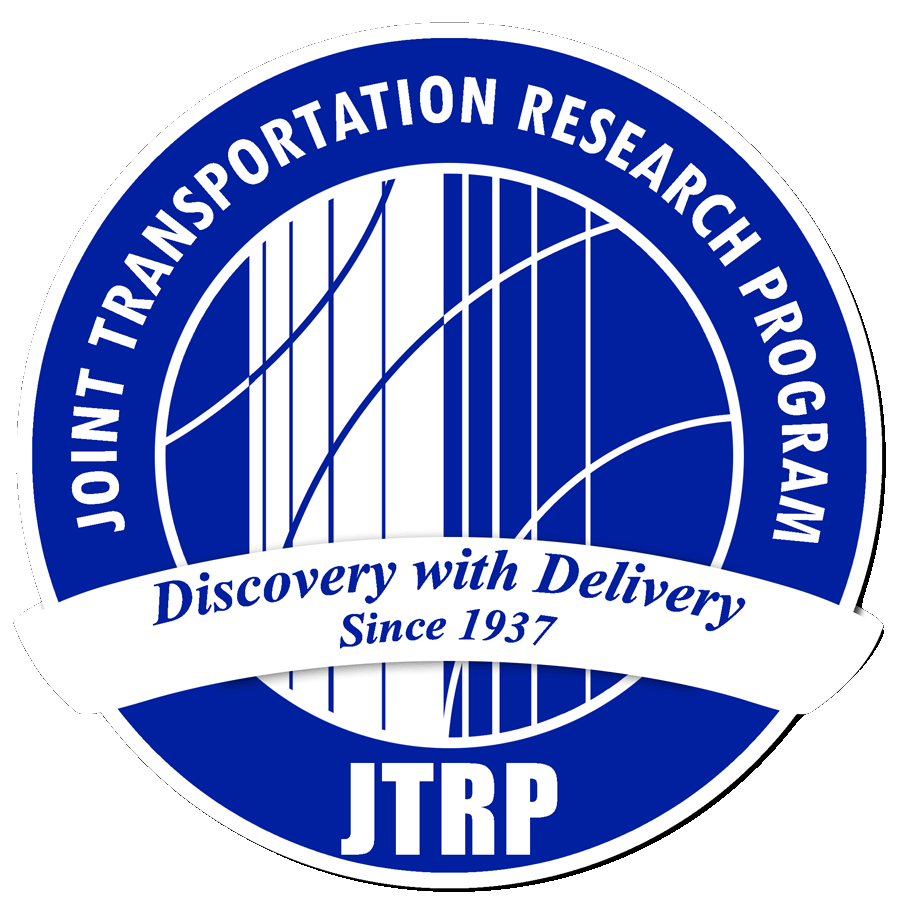Post-Processing Techniques to Enhance Reliability of Assignment Algorithm Based Performance Measures
Abstract
This study develops an enhanced transportation planning framework by augmenting the sequential four-step planning process with post-processing techniques. The post-processing techniques are incorporated through a feedback mechanism and aim to improve the stability and convergence properties of the solution, thereby improving the reliability of the planning process. There are three building blocks of the proposed post-processing module: slope-based multi-path algorithm or SMPA, perturbation assignment, and O-D prioritization technique. SMPA is the most important part of the module and it can be used as both a post-processing algorithm and an independent static traffic assignment algorithm. In addition to SMPA, the post-processing module consists of perturbation assignment and O-D prioritization schemes. Perturbation assignment provides warm start and the O-D prioritization improves the rate of convergence by deciding the sequence in which the O-D pairs are brought into the flow update process. A detailed implementation procedure for perturbation assignment is developed along with six different criteria for O-D prioritization. Computational experiments using the Sioux Falls, Anaheim and Borman Corridor networks provide insights on these techniques. Results of the computational experiments show that SMPA has a superior rate of convergence compared to state-of-the-practice algorithms even without O-D prioritization and warm start. Results of computational experiments further reveal that a warm start using perturbation assignment and O-D prioritization provides significant benefits in improving the convergence properties and obtaining a more stable solution.
Keywords
Static traffic assignment, post-processing techniques, convergence, stability, SPR-3214
Report Number
FHWA/IN/JTRP-2011/19
SPR Number
3214
Sponsoring Organization
Indiana Department of Transportation
Performing Organization
Joint Transportation Research Program
Publisher Place
West Lafayette, Indiana
Date of Version
2011
DOI
10.5703/1288284314643
Recommended Citation
Peeta, S., A. Kumar, and S. Sharma. Post-Processing Techniques to Enhance Reliability of Assignment Algorithm Based Performance Measures. Publication FHWA/IN/JTRP-2011/19. Joint Transportation Research Program, Indiana Department of Transportation and Purdue University, West Lafayette, Indiana, 2011. https://doi.org/10.5703/1288284314643Technical Summary


